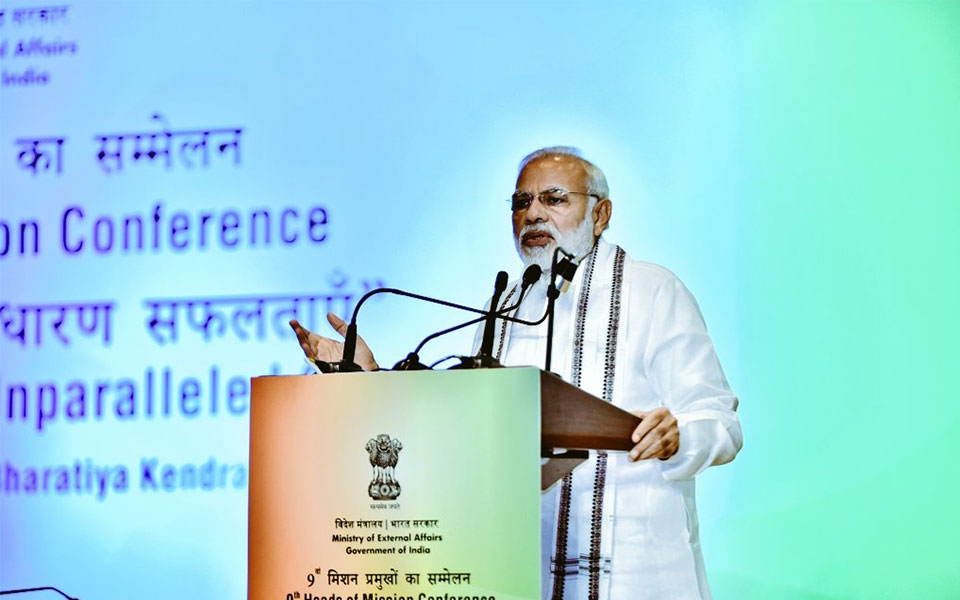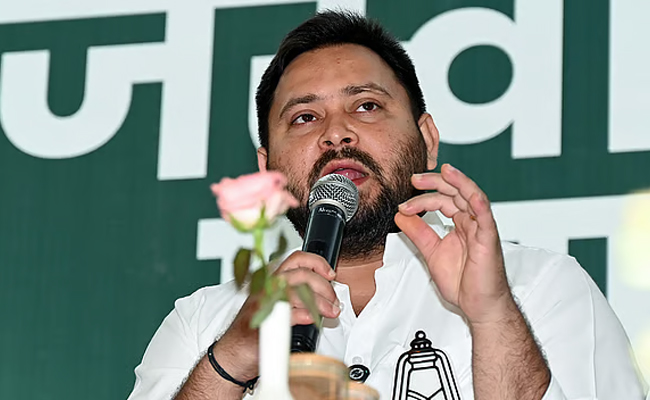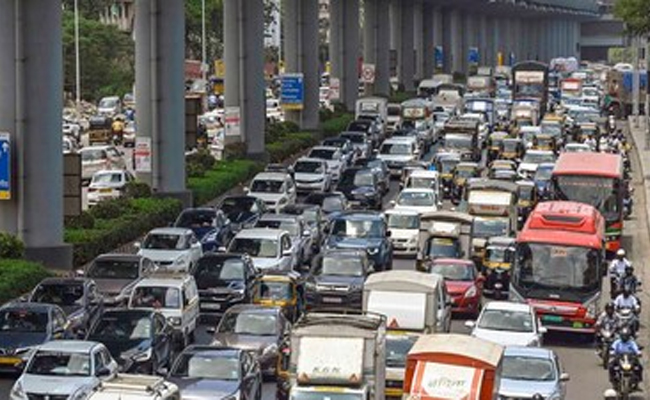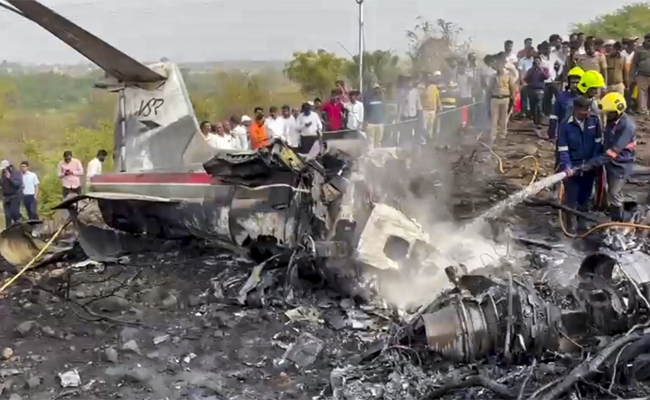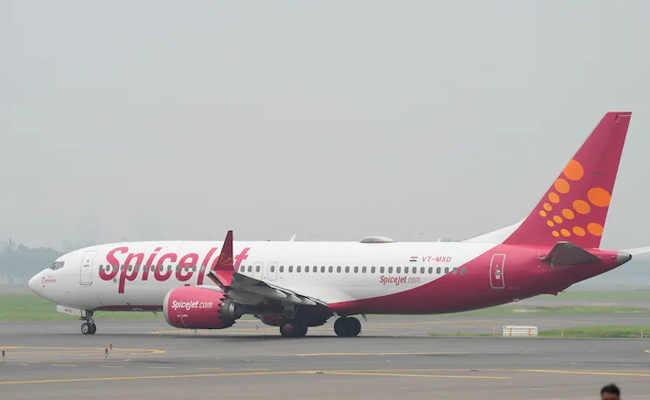New Delhi, July 2: The actual strategic divestment of Air India will be determined by market conditions although the policy decision has already been in this regard, Prime Minister Narendra Modi has said.
In an interview to Swarajya magazine, Modi said that the government's efforts to privatise the national carrier had faltered owing to the lack of response to the first sale offer.
"For Air India, the government has done what it had to with utmost sincerity. You have to differentiate between the lack of response to one sale offer and a policy decision.
At the cabinet level, we have cleared the sale of not only Air India but several other (loss making) public sector units - this itself is historical in many ways," he said.
"That they are yet to be sold is the result of timing and process. We don't want to make a sale where we will be accused of selling something for X amount when we could have got more. But the policy decisions for strategic sales have already been taken," he added.
Last month, the government said that a 76 per cent stake sale process of Air India has ended as "no interest" was shown by bidders, but it remains committed to the strategic divestment for which other alternatives will be evaluated.
"We ran a disinvestment process, where we made it very clear what type of bids we were interested in receiving... We asked certain type of bidders with certain bidding criteria to participate," Minister of State for Civil Aviation Jayant Sinha told reporters here.
Let the Truth be known. If you read VB and like VB, please be a VB Supporter and Help us deliver the Truth to one and all.
Patna (PTI): RJD leader Tejashwi Yadav on Thursday said Bihar Chief Minister Nitish Kumar's decision to enter the Rajya Sabha was a "betrayal" of the people's mandate.
Yadav, the leader of the opposition in the state assembly, alleged the BJP has always been opposed to Dalits and OBCs, and with Kumar leaving the CM's post, it will seek to implement its agenda in the socialist stronghold.
"The BJP has done a Maharashtra in Bihar," he said.
ALSO READ: Lara Dutta stranded in Dubai as Middle East unrest escalates, urges better sense to prevail
"We have been saying from the very beginning that the BJP will not let Nitish Kumar remain the chief minister after the elections. This is exactly what has happened. This development is against the mandate of the people and amounts to a betrayal of it," he said.
Alleging that the BJP had "hijacked" Kumar, Yadav said that was the reason the veteran leader was now moving to the Rajya Sabha.
"BJP is against OBCs and Dalits. They never want a leader from these communities to occupy the top post. They want a chief minister who will function like a rubber stamp for the top BJP leadership," he alleged.
"I had said -- 'Nitish ji ko ghoda toh chadhaya hai dulha banake, lekin phera kisi aur ke saath dila raha hai' (They made Nitish Kumar mount the horse like a groom, but are getting someone else to take the wedding vows)," he added.
Kumar, the state's longest-serving chief minister, filed nomination papers for the Rajya Sabha polls, paving the way for the first BJP-led government in the state.

